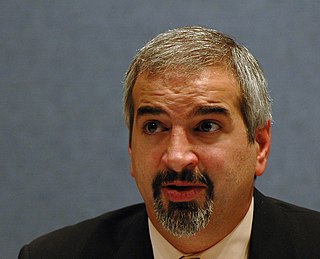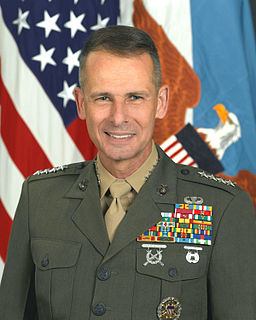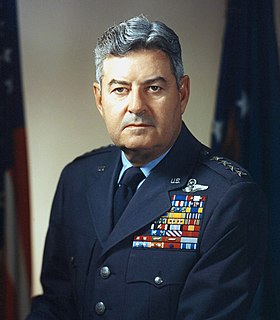A Quote by Shane Smith
My last passport, I had North Korea, Afghanistan, Iran, Iraq, Sudan, Liberia, Guinea... I had, like, every war-torn country in there.
Related Quotes
It seems not to matter that we are at the brink of a war that may spread beyond Afghanistan and Iraq to Iran and Georgia and then where? To Syria? To North Korea? To China? That we in America are in economic doldrums and are seeing small businesses fold and houses reclaimed by banks and a smouldering panic that is palpable everywhere.
Ironically, the single thing that has strengthened Iran over the last several years has been the war in Iraq. Iraq was Iran's mortal enemy. That was cleared away. And what we've seen over the last several years is Iran's influence grow. They have funded Hezbollah, they have funded Hamas, they have gone from zero centrifuges to 4,000 centrifuges to develop a nuclear weapon.
What you need to know about North Korea is that it's not like other countries like Iran or Cuba. In those countries, you have some kind of understanding that they are abnormal, they are isolated and the people are not safe. But North Korea has been so completely purged from the rest of the world, it's literally a Hermit Kingdom.
Iraq at one time was actually a functioning government. It's a real state. Afghanistan is not Iraq. It's tribal. It's got a different - a number of different sects, never really had a solid government there running the country on any kind of a continuing basis. Well, to rebuild the nation of Afghanistan is going to be more difficult than rebuilding the nation of Iraq.
We went over there and fought the war and eventually burned down every town in North Korea anyway, someway or another, and some in South Korea too. Over a period of three years or so, we killed off - what - twenty percent of the population of Korea as direct casualties of war, or from starvation and exposure?
































